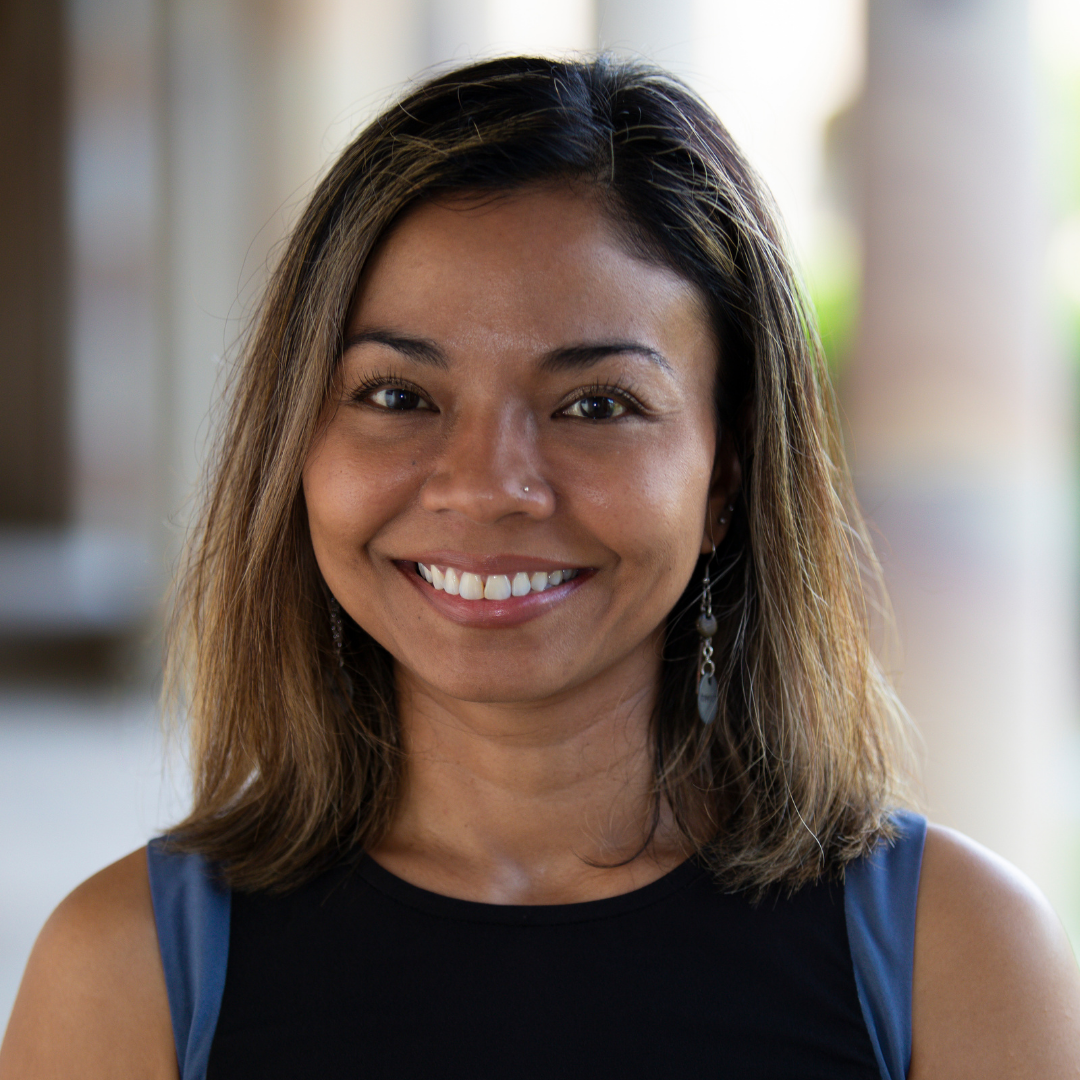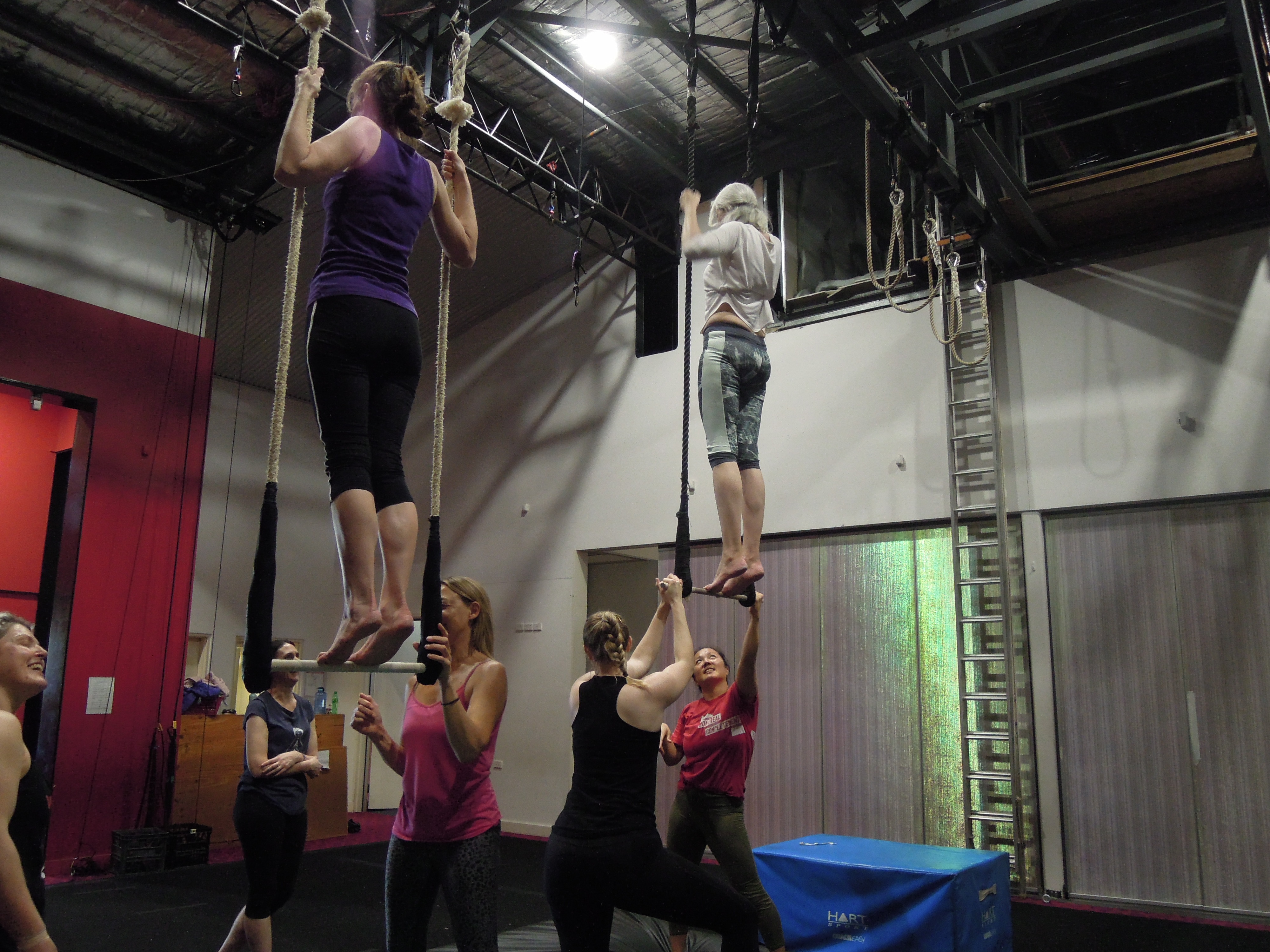Can you successfully mix your working life with pleasure?
Before images of lounging on a remote tropical island as part of a “work trip” start to form, perhaps it’s best if I explain in greater detail what I mean by my use of this phrase.
In 2011, I joined a circus. I had just completed my Master of Philosophy in a new country (Australia), which I pursued after leaving my career as a high school teacher in Singapore. The period after my MPhil completion felt like limbo; not only was I unsure what I would do next workwise, I was in desperate personal need to be part of a creative enterprise where I could also develop myself physically and learn some cool new skills. That’s when I found Vulcana Women’s Circus (now named Vulcana Circus to reflect the organisation’s culture of welcoming women, trans and non-binary gendered adults into its space), which at the time was located at the Stores Building of the Brisbane Powerhouse in New Farm (it has since relocated to the Colmslie Reserve in Morningside).
From the minute I was welcomed into the training space at the circus, I became enveloped by an immediate sense of warmth. It genuinely felt like a safe space, a term that has become increasingly pervasive in the workplace (for instance, in 2017 Forbes published an online article titled “15 Ways Your Organization Can Create a Safe Space in a Divisive World”). It was a space that was supportive and non-judgemental; I kept returning to the circus, and throughout the ten-plus years of being involved, I have participated in various community performance projects as well as in community outreach, such as cultural exchange projects.
So, this is where I return to my earlier question of whether one can successfully combine business with pleasure. Many of us bring our professional knowledge into the wider community through our engagement with various organisations and professional bodies. We might, for example, have drawn on our expertise to provide consultation services to a small business, school, or welfare organisation. Likewise, I have tapped into my experience in ethnographic documentation to help create write-ups for some of the circus projects. Even though my background is in arts and education, not everyone who is part of the Vulcana community comes from an arts or creative background; there are many women who sit on the board of Vulcana Circus from professions such as health, social work, and accounting, all undoubtedly contributing to and benefitting the organisation with their professional knowledge and skills.
While it is definitely fulfilling to give back to community through our expertise, there is much greater potential for growth when there is an exchange and flow of learning and knowledge. In this regard, I believe that my long-term involvement with the circus has in many ways helped to shape and strengthen my own professional identity. Learning circus tricks can certainly be bucket loads of fun (hence the pleasure part), but it is also challenging and demanding, both physically and psychologically. But beyond that, I have gained invaluable knowledge and skills from the values that the organisation holds dearly. I have grown in my understanding and practice about equity, inclusivity, and diversity. I have continuously learnt to work democratically, empathetically, and with compassion. These principles, which have been forged consistently through my community involvement with Vulcana, have become embedded into who I am both personally and professionally. Speaking to some of my “circus buddies”, they too echo some of these skills transferences —developing greater acceptance of diversity in the workplace and being more supportive of and raising their female colleagues. What started out as a fun activity for me has now turned into something that informs some of the philosophies underpinning how I view myself in relation to the world.
Children and young people in school are constantly encouraged to engage in extra and co-curricular activities in order to develop themselves into more holistic, well-rounded individuals. In an earlier Thought Leadership article by Michaela Smyth and Professor Andrea Bialocerkowski, they highlight the value and policy of student placements at University level. Why should this not translate into adulthood and the workplace? In what ways can actively engaging in community organisations—even those that might not immediately align with our professional areas—help to shape who we are as working professionals? What aspects of community ethos might we be able to draw on in order to contribute to a stronger and more just workplace culture?
You never know—the answer might just be found in unexpected places.
*****
Banner image credit: Photographer: Jade Ellis, courtesy of Vulcana Circus, Circus in a Tea Cup, QPAC, a performance collaboration between Vulcana Circus and Brisbane Domestic Violence Service.
Training image credit: Photographer: Natalie Lazaroo, Circus in a Tea Cup workshop.

Dr Natalie Lazaroo is a Lecturer in the School of Education and Professional Studies, whose research interests lie in cultural citizenship, public pedagogy, and socially-engaged performance. She has been involved in a long-term collaboration with drama facilitators working with disadvantaged youth in Singapore and is also an avid community member of Vulcana Circus (her favourite skills are in trapeze and acro). Before moving to Australia, she was a high school teacher in Singapore, where she received a teaching and learning grant from the Ministry of Education to develop and spearhead a drama-in-education program at her school. During this time, she was also part of a hip hop group, which in many ways helped her connect with a number of her students.
Professional Learning Hub
The above article is part of Griffith University’s Professional Learning Hub’s Thought Leadership series.
The Professional Learning Hub is Griffith University’s platform for professional learning and executive education. Our tailored professional learning focuses on the issues that are important to you and your team. Bringing together the expertise of Griffith University’s academics and research centres, our professional learning is designed to deliver creative solutions for the workplace of today and tomorrow.
